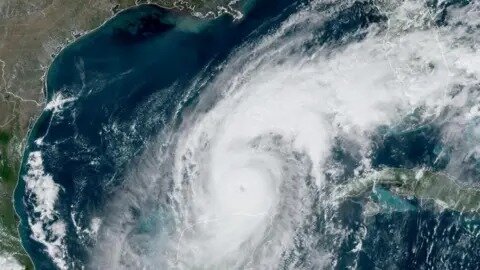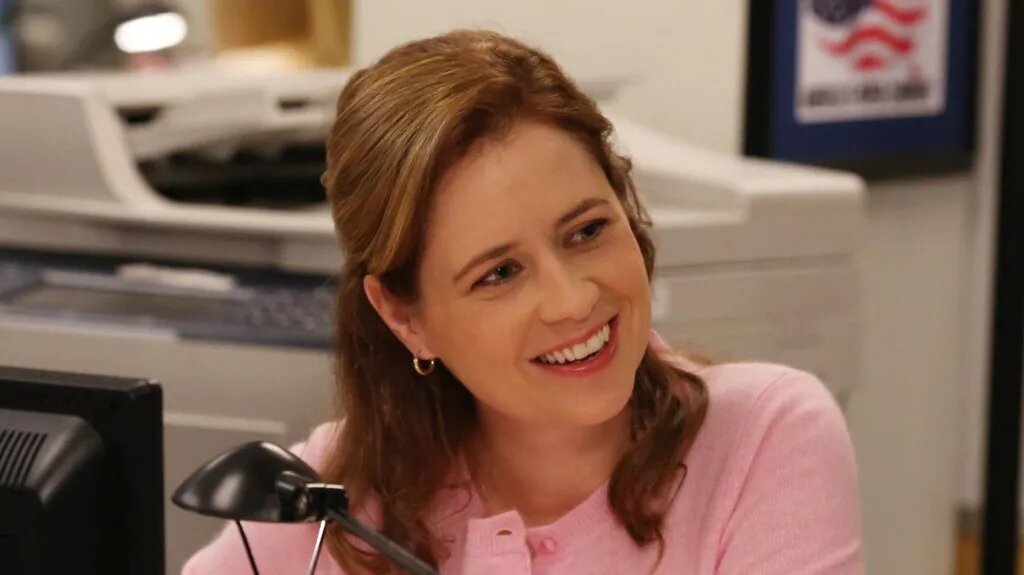A Texas judge has halted the execution of the first person sentenced to death in the US for murder charges associated with “shaken baby syndrome,” just under two hours before the execution was scheduled.
Robert Roberson, 57, received the death penalty in 2003 for the death of his two-year-old daughter, Nikki Curtis, after an autopsy determined she died from injuries caused by abuse. However, Roberson, his legal team, and supporters have consistently argued that the child succumbed to pneumonia complications.
Despite these claims, prosecutors have maintained that new evidence does not refute their case, asserting that the child’s injuries were inflicted by her father.
Roberson was slated for execution at 6:00 PM local time (11:00 PM GMT) on Thursday. However, a Travis County judge issued a temporary restraining order 90 minutes prior, allowing Roberson to testify at a state legislature hearing next week.
This decision followed an unusual subpoena from a Texas House panel late Wednesday, compelling Roberson’s appearance at an October 21 hearing.
The Texas attorney general has since appealed the restraining order.
Ahead of the scheduled execution, 86 Texas lawmakers from both parties, along with medical and scientific experts, attorneys, and prominent individuals like author John Grisham and pro-death penalty Republicans, advocated for clemency. They argued that the conviction was based on outdated science, preceding a comprehensive understanding of “shaken baby syndrome.”
“In Robert’s case, there was no crime, and yet we’re about to kill somebody for it in Texas,” Grisham stated in September.
Roberson’s defense has also highlighted that his autism, undiagnosed at the time of Nikki’s death, was unfairly used against him. Autism can influence how individuals express emotions and communicate.
After the last-minute reprieve was granted, the US Supreme Court declined to intervene. Justice Sotomayor, a liberal, stated that the decision now rests with Texas Governor Abbott.
Among Roberson’s supporters is Brian Wharton, the lead detective in the original investigation. “I will forever be haunted by the role I played in helping the state put this innocent man on death row,” Wharton told the Associated Press. “Robert’s case will forever be a burden on my heart and soul.”
Earlier this week, the Texas Board of Pardon and Paroles unanimously denied Roberson’s clemency petition, refusing to recommend delaying or commuting his death sentence. Governor Abbott has the authority to grant a one-time 30-day reprieve but has rarely exercised this power during his tenure.
In an October interview with NBC, Roberson pleaded with Abbott to “do the right thing” and asserted his innocence.
Roberson claims his daughter fell out of bed on January 31, 2002. He realized hours later that she was not breathing and rushed her to the emergency room, where she was pronounced dead. Medical staff, noting bruises on her head, brain swelling, and retinal hemorrhaging, suspected abuse immediately, leading to Roberson’s arrest and capital murder charge. An autopsy confirmed blunt-force head trauma, ruling the death a homicide.
Roberson’s lawyers argue that Nikki was prescribed medications, now deemed unsafe for children, which could have caused severe complications. They suggest the medication and her fall might have been fatal.
“Shaken baby syndrome,” currently referred to as abusive head trauma, is diagnosed based on signs like retinal hemorrhaging, brain swelling, and bleeding. Though widely accepted in the medical community, a recent report emphasized the need to investigate other potential causes before concluding abuse.
In 2023, an appeals court found insufficient evidence to overturn Roberson’s conviction, and the Supreme Court declined to hear his case.




